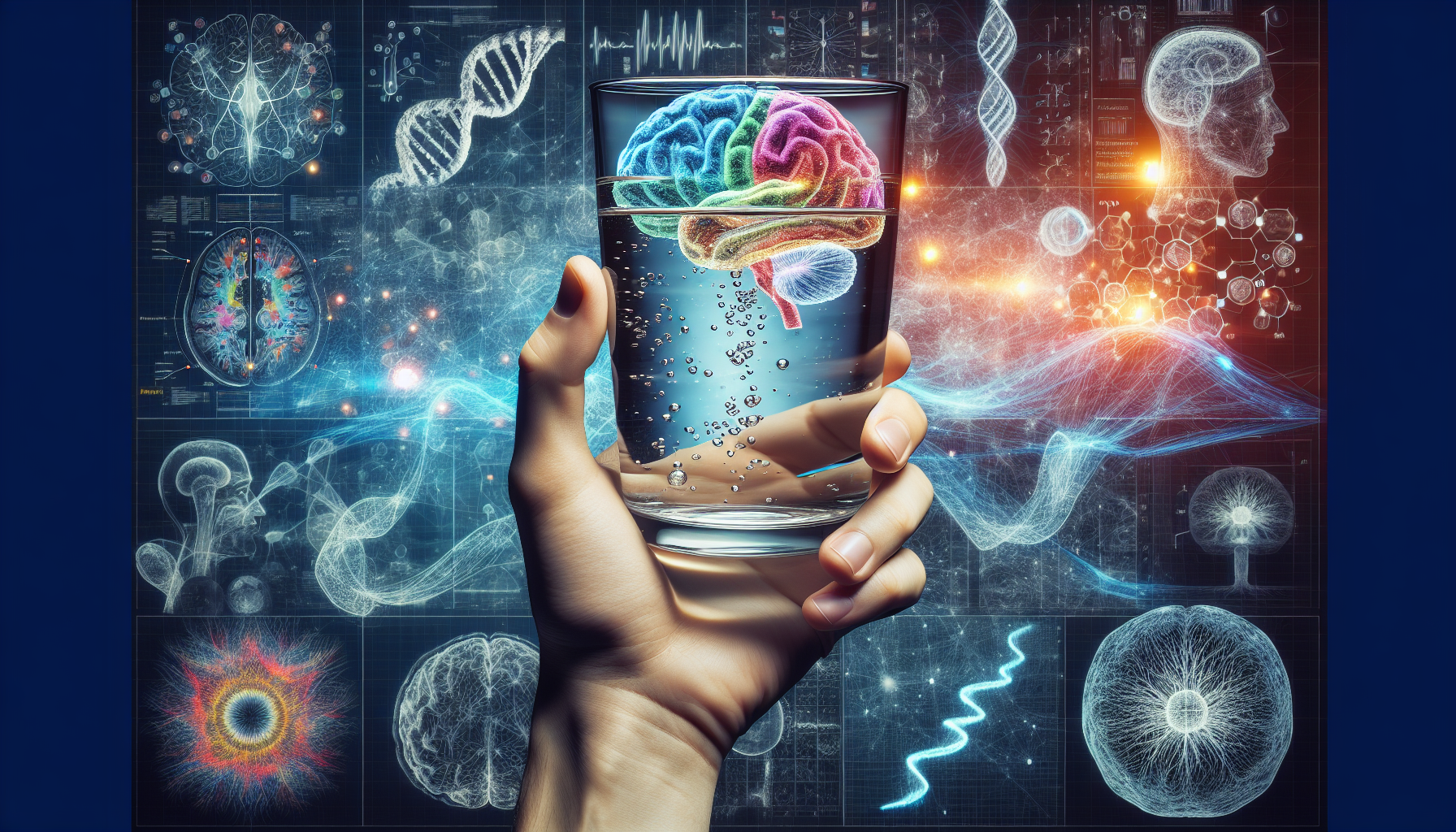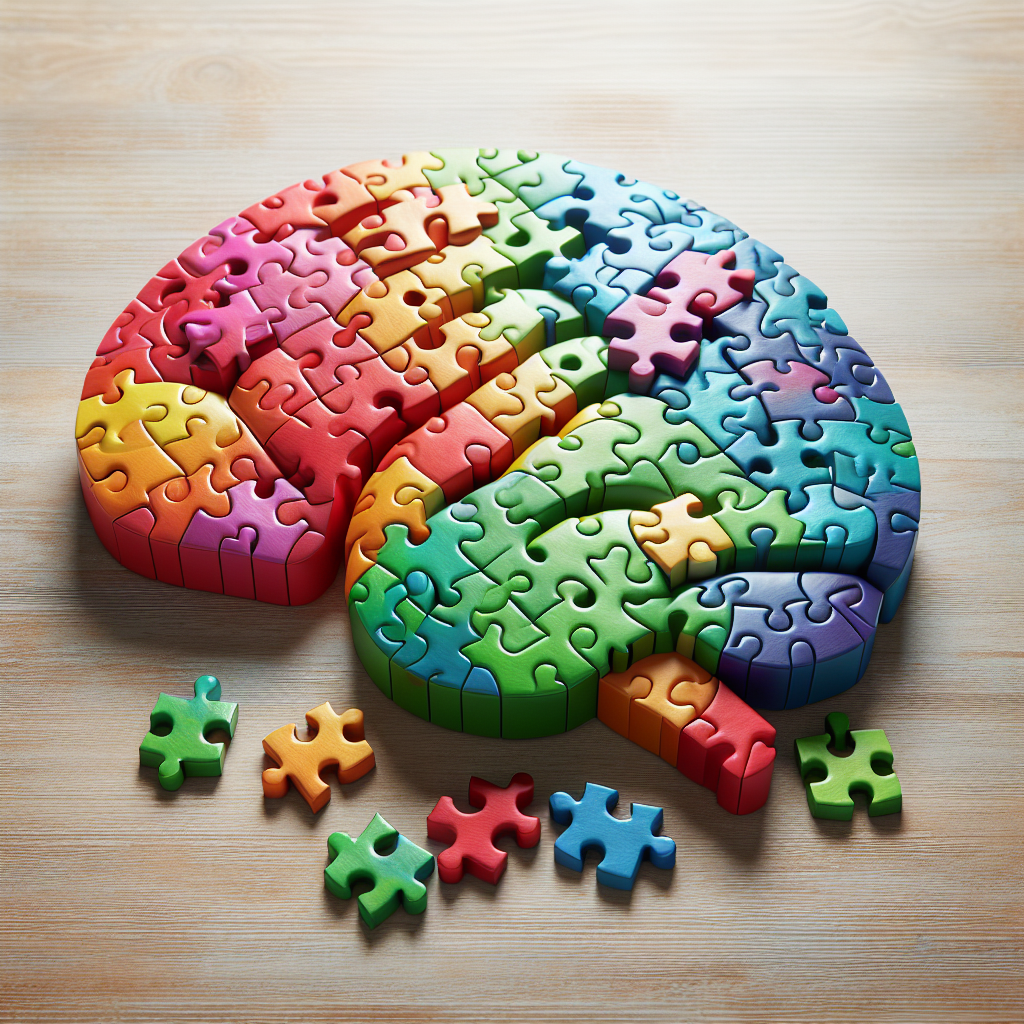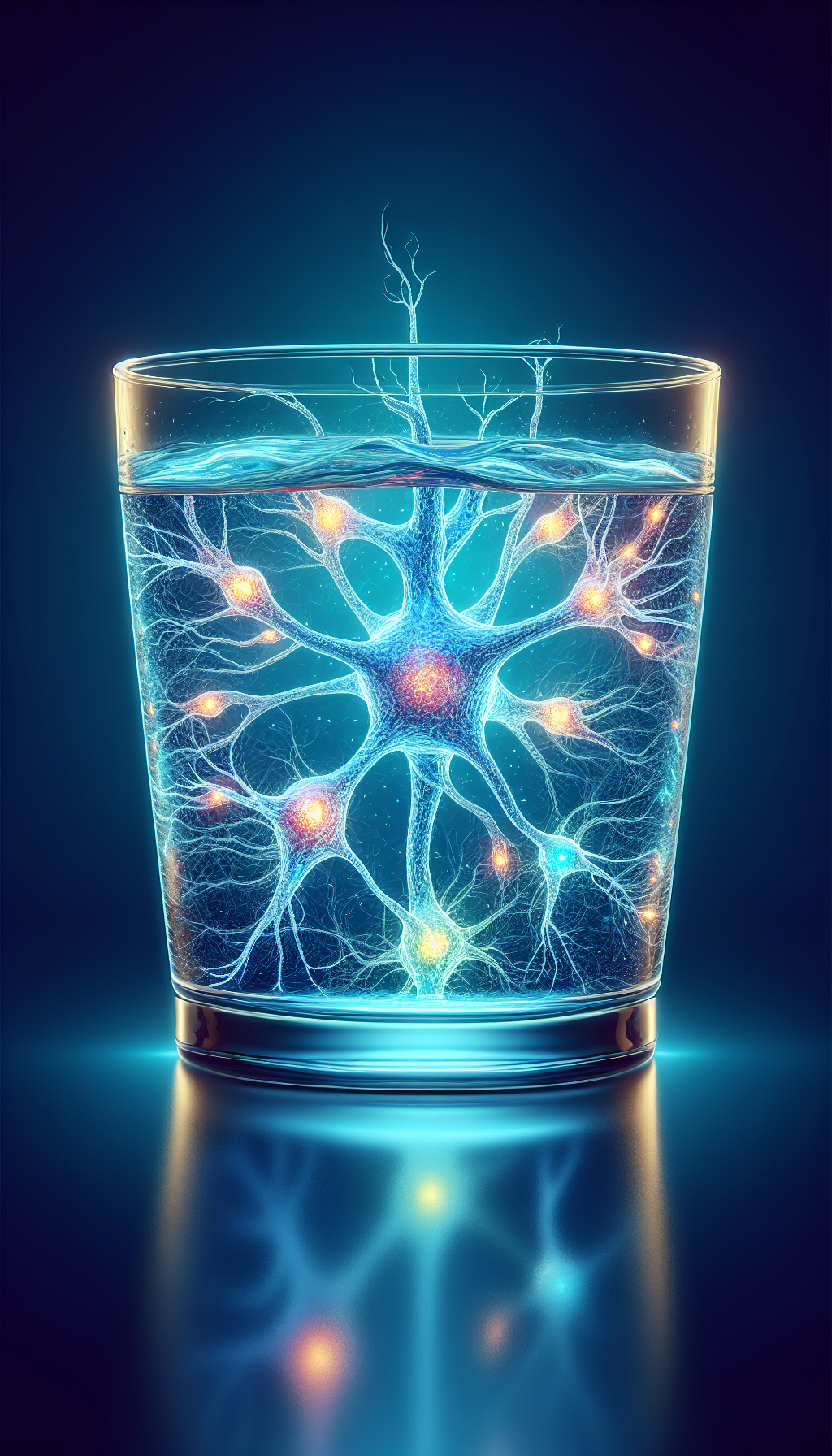Dehydration is a condition that can significantly impact physical health, but its effects on cognitive function are often overlooked. The brain is approximately 75% water, and even mild dehydration can impair its operations, leading to cognitive decline. This article delves into the relationship between hydration and cognitive performance, exploring the mechanisms behind this connection and offering practical advice to maintain optimal brain health.
The Brain’s Thirst for Hydration
Water is essential for the brain’s various functions, including neurotransmission, the removal of waste, and the regulation of inflammation. When hydration levels are not maintained, the brain’s ability to perform these tasks can be compromised. Dehydration can lead to changes in brain structure and function, causing symptoms such as difficulty in concentrating, brain fog, and memory problems.
Research indicates that dehydration can impair cognitive performance, particularly in tasks that require attention, executive function, and motor coordination. One study found that dehydration can affect concentration and cognition even when the body has lost just 1-2% of its total water content.
Recognizing Dehydration
Common signs of dehydration include:
- Thirst
- Dry mouth
- Fatigue
- Reduced urine output
- Dark yellow urine
- Headaches
- Dizziness
- Confusion
It’s crucial to recognize these symptoms early to prevent further cognitive decline. For a more in-depth understanding of the intricate relationship between hydration and brain function, the Brain Health resource on Avix Health provides valuable insights.
The Cognitive Toll of Dehydration
Dehydration’s impact on cognitive function can manifest in various ways:
Attention and Concentration
Dehydration can make it challenging to focus on tasks, leading to a decrease in productivity and an increased likelihood of errors.
Memory
Short-term memory and the ability to recall information can be impaired by inadequate hydration.
Motor Coordination
Physical movements and coordination can suffer, affecting daily activities and potentially increasing the risk of accidents.
Mood
Hydration levels can influence mood, with dehydration often resulting in irritability and anxiety.
Decision Making
The ability to make quick, rational decisions can be compromised when dehydrated.
Hydration and Cognitive Preservation
Maintaining hydration is vital for preserving cognitive function. Here are some tips for staying hydrated:
- Drink water regularly throughout the day, even if you’re not thirsty.
- Consume fruits and vegetables with high water content.
- Monitor the color of your urine to gauge hydration levels.
- Limit intake of diuretics like caffeine and alcohol which can increase dehydration.
- Hydrate before, during, and after exercise.
For a deeper exploration of how dietary choices affect cognitive health, consider reading about Nutrition and Brain Development in Children and The Role of Antioxidant-Rich Foods in Brain Aging Prevention.
Scientific Insights on Dehydration and Cognition
Studies have provided concrete evidence linking dehydration to cognitive decline. Research published in Medicine & Science in Sports & Exercise highlights the mood and cognitive changes due to mild dehydration in women, showing that the effects are not solely physical.
Another study emphasizes the importance of hydration in maintaining cognitive performance, especially in the elderly, who are more susceptible to dehydration and its cognitive consequences.
External Factors Influencing Hydration
Various environmental and lifestyle factors can affect hydration status, including:
- Climate: Hot or dry weather increases fluid loss through sweat.
- Physical Activity: Exercise intensifies the need for fluid replenishment.
- Health Status: Fever or illness can lead to dehydration through various mechanisms.
The impact of lifestyle on cognitive health can be explored further in the context of How Physical Exercise Promotes Mental Clarity and Focus.
The Role of Hydration in Cognitive Health Strategies
Hydration should be a cornerstone of any cognitive health strategy. Alongside a balanced diet, regular physical activity, and mental exercises, adequate water intake forms the foundation of cognitive well-being. To expand on ways to enhance cognitive health through lifestyle choices, reading about Strategies for Enhancing Neural Connectivity can provide additional insights.
Conclusion
The cognitive effects of dehydration are significant and should not be underestimated. By understanding the importance of water for brain health and taking proactive steps to maintain hydration, we can support our cognitive functions and overall well-being. Remember to integrate regular water intake into your daily routine and be mindful of the signs of dehydration, especially during activities that increase your risk. Keep your brain hydrated, and it will thank you with sharper thinking, better memory, and improved mood.
In the pursuit of cognitive health, it’s vital to consider all aspects of well-being. By ensuring adequate hydration, we can enhance our brain’s performance and protect its function as we age. For more information on maintaining a healthy lifestyle, visit Avix Health’s comprehensive resources on Brain Health and integrate these practices into your life to support your cognitive journey.



